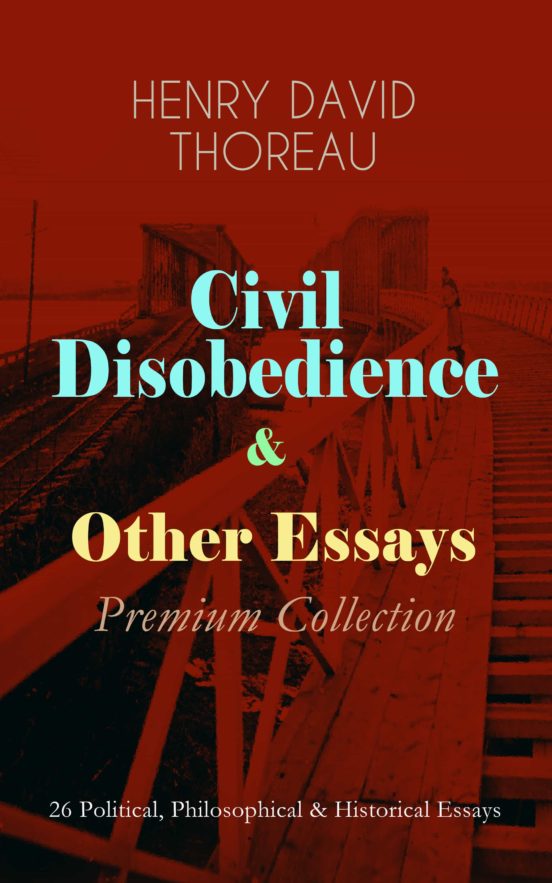

Thoreau’s “inactivism,” as we might call it, was for him a necessary condition of personal conscience. It was a call for the autonomy of the individual and the disengagement of the individual from civic entanglements. It did not call for creating the governmental means of solving social problems. Thoreau’s appeal to the right and obligation of individual conscience to resist political authority certainly influenced many of the nonviolent activists who followed him, including Mahatma Gandhi and Martin Luther King Jr., but the essay itself was not a call for political or social action.

Henry David Thoreau’s long essay, first published under the title “Resistance to Civil Government,” now usually known as “ Civil Disobedience,” is frequently described as one of the founding documents of modern political activism. It is, rather, a manifesto of political and social libertarianism that displays both the strengths and weaknesses of that trend in American thought. Thoreau’s “Civil Disobedience” is not a call to activism or a program for some version of social justice.


 0 kommentar(er)
0 kommentar(er)
